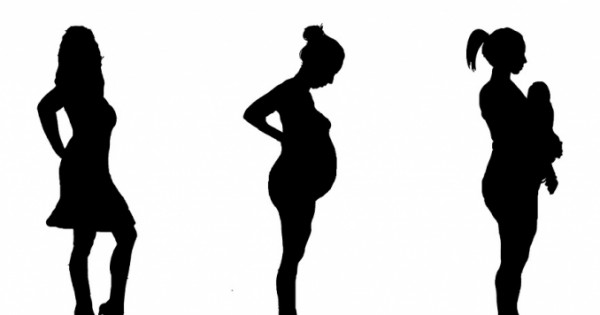Legislative and regulatory texts guaranteeing those aged 15 and over fair and unrestricted access to sexual and reproductive health care, as well as to information and education in this area, remain largely absent in Morocco. This void is particularly lacking in the awareness of women and girls about their own body, its health and the means to appropriate or protect it from an early age.
In his recent report “My Body Belongs to Me: State of the World Population 2021”, the United Nations Population Fund (UNFPA) classifies countries according to several criteria in this area, showing that the kingdom is not one of those where this education is integrated into the fields of health or education.
Advances in sexual and reproductive health
If sexuality education is experiencing a great void in Morocco, national data is better in terms of reproductive health. Thus, the maternal mortality ratio indicating the number of deaths per 100,000 live births is 70 in 2017. From 2014 to 2019, births attended by a qualified health professional reached 87%. In 2018, the number of new HIV infections was 0.03 per 1,000 HIV-negative people.
The latest figures from 2021 indicate that the contraceptive use rate among women of reproductive age (15 to 49 years old), using all methods combined, is 43%. Among married or cohabiting women only, this percentage reaches 71%. Modern methods remain less accessible overall, being used by 37% of women in general and by 61% of those married or in cohabitation.
Also, family planning needs were unmet in 7% of women aged 15 to 49 generally and in 11% of those married or in cohabitation. In addition, the proportion of needs met by modern methods was 74%. Other indicators show that cases of child marriage before the age of 18 accounted for 14% of marriages from 2005 to 2019.
But official data regarding decision-making by women in terms of sexual and reproductive health and reproductive rights, as a percentage from 2007 to 2018, does not exist. Also, laws and regulations guaranteeing access to care, information and education in matters of sexuality and reproduction do not yet sufficiently support practices.
In this sense, it is for the first time that a United Nations report is particularly interested in bodily autonomy, which constitutes “the power and the free will to make choices concerning [le] corps [des femmes]without fear of violence or without someone else deciding to [leur] place».
Empowerment through awareness of women’s health
Contrary to popular belief that associates sexuality education with the promotion of sexual practice itself, the report indicates that the importance of this component lies in its ability to empower women and girls to better understand the functioning of their bodies. Sexuality and reproductive education also enables women and girls to recognize when it is necessary, or even urgent, to have a medical consultation to protect their health, but also to better distinguish between situations of abuse and non-consent. This work site is lacking in many countries around the world, according to the report, including Arab states like Algeria, Djibouti, Egypt, Yemen, Iraq, Syria, Palestine, Libya. , Oman and Somalia.
“As autonomy and bodily integrity influence many aspects of health and the conduct of a dignified and decent life, progress in this area will not only lead to better sexual and reproductive health. and the achievement of the fifth sustainable development goal on gender equality, but also to achieve many other sustainable development goals, including those related to the promotion of health, the reduction of inequalities and the elimination poverty, ”the report says.
In this spirit, it is also recommended to “remove the obstacles hindering individual decision-making”, for better respect for the right to “bodily autonomy and physical integrity”. “Governments must ensure that their laws, policies and programs do not undermine the ability of individuals to make decisions about their sexual and reproductive lives,” the report recommends, indicating that “this means removing barriers hindering access to sexual and reproductive health services, commodities, education and information ”.
It is also a question of decriminalizing the abortion carried out by decision of the woman or the girl concerned, while taking care to distinguish it from the practices of contraception imposed and carried out under constraint, but which are not yet recognized as a form of violence under the laws of many countries. The report also calls on governments “not to interfere with ‘consenting sex, in private’”.
According to the report, the lack of bodily autonomy has “massive implications beyond the profound prejudices for individual women and girls.” Its repercussions relax on other areas of life in society, through the “decrease in skills and additional costs for health care and legal systems”.
–


